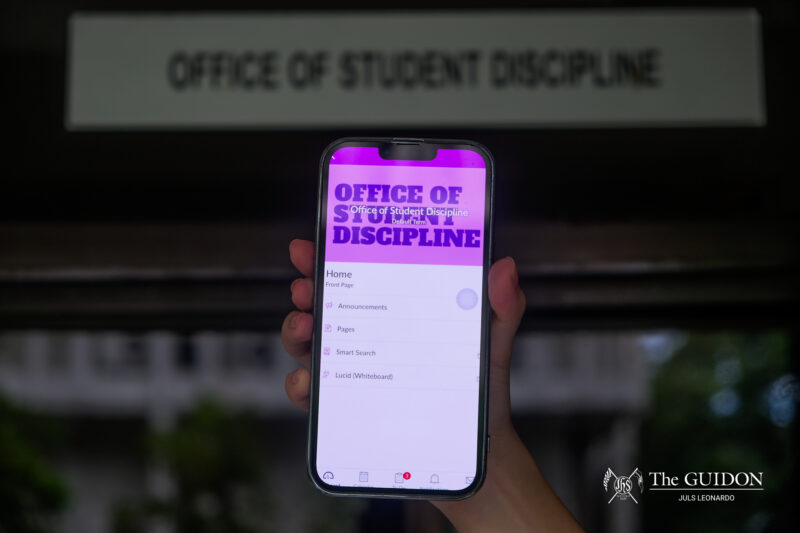DISTINGUISHED MUSICOLOGISTS sought to strengthen the relevance and impact of ethnomusicology in a conference held at the Ricardo and Dr. Rosita Leong Hall auditorium last July 22.
The conference, entitled “Ethnomusicology in the Asia-Pacific: Philippines and China,” was organized by the Ricardo Leong Center for Chinese Studies.
According to Ricardo Leong Center for Chinese Studies Director Sidney Bata, the said conference aimed to strengthen the Loyola Schools arts programs and to showcase Filipino and Chinese music.
“Since Filipinos are very much into music, ethnomusicology can be used in their studies of anthropology or ethnography of music,” Bata said.
The musicologists who presented during the conference were Ricardo Trimillos, PhD, Frederick Lau, DMA, Mercedes Dujunco, PhD, Ramon Santos, PhD and Hiroko Nagai-Yabut, PhD.
Purpose of ethnomusicology
Lau elaborated on the definition of ethnomusicology during his segment on the concept of music performance.
“Ethnomusicology is the semi-relationship between music and society. In other words, what you hear [and] what you play is always related to someone within a context,” he said.
“Ethnomusicologists are interested in looking into those relationships. Why do [musicians] perform that way? How come their music sound so terrible? How come their music sound so beautiful?” Lau added.
According to him, ethnomusicologists attempt to answer such questions.
The conference also featured a segment entitled “Instik, Indio, Chinoy and Pinoy: Performing Ethnic and Cultural Identities.”
In this portion, the roles of the said ethnic and cultural identities in the current post-national global interactions were discussed.
According to Trimillos, the concept of national identity is one of the factors that make studying ethnomusicology relevant.
“It (ethnomusicology) is important today because we are now in a global society… To be specific, who is Chinese East? Who is Filipino?” he said.
In a separate interview with The GUIDON, Santos said that ethnomusicology makes people conscious of their differences in culture because music reflects the cultural diversity of societies.
“We (Filipinos) have many different cultures. The musics represent the different cultures. Without ethnomusicology, these differences will not be appreciated at all,” he said.
“You cannot isolate cultures anymore. There’s globalization going on. What’s important is the identity of your music,” Santos added.
Response to cultural integration
During the conference’s open forum, political science sophomore Jopi Esquivas asked the panel of speakers about the integration of different Philippine ethnic cultures as reflected in music.
“How do people respond to this integration? How do we create a balance between preservation and progression?” she asked.
As a response, Trimillos clarified the meaning between preservation and conservation in music.
According to him, preservation is a “colonial idea” in which no cultural evolution occurs. On the other hand, conservation refers to retaining cultural identity while allowing it to develop with other cultures involved.
He said, “For us in ethnomusicology, what we try to do is to say, ‘Here is the way to culture. Do you want to change it? Do you want to retain some… things? Which things [do] you want to improve?’”
According to him, ethnomusicologists’ role is not to force the people into changing or keeping their culture, but to inform them of “what is going on.”
Lau added, “We don’t judge. We’re not social activists. We analyze. We review.”
Student insights
Supersenior interdisciplinary studies major Natasha Faustino said that ethnomusicology has greatly affected the Philippines.
According to her, ethnomusicology has allowed Filipinos to connect with different cultures on a deeper level.
“It is important because it helps us understand the culture of other countries in terms of how their music came to be,” Faustino said.
She cited similarities between the mouth instruments from Philippine northern tribes and those of tribes in China as an example.
Like Faustino, Esquivas shared that ethnomusicology is important because the fusion of two distinct cultures is a manifestation of progress in terms of musical expression.
“It shows that diversity can be harmonious and create something beautiful,” she said.
With reports from Pauline V. Miranda






